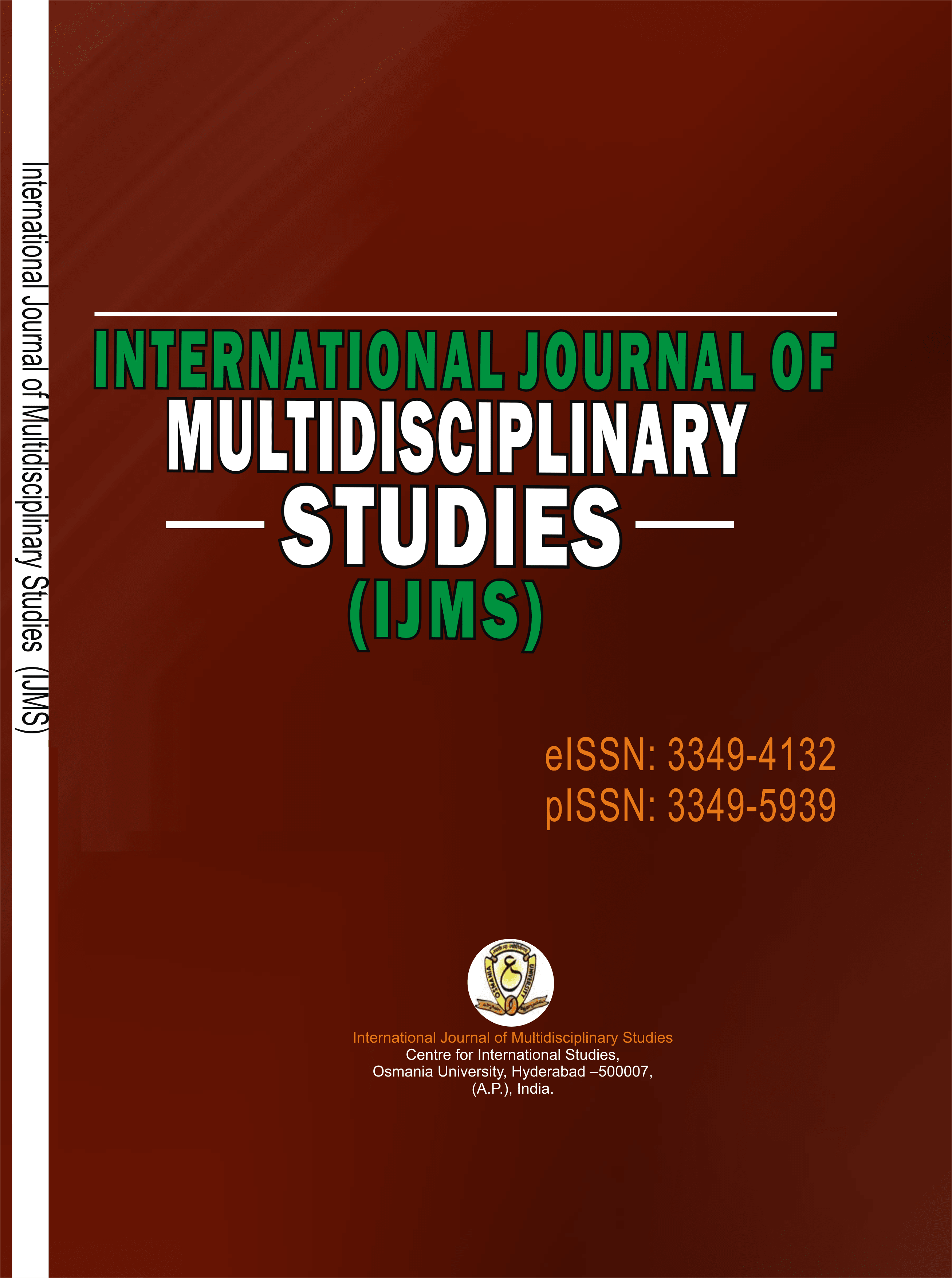INTERNATIONAL JOURNAL OF MULTIDISCIPLINARY STUDIES (IJMS)
A CONTRASTIVE ANALYSIS OF TENSE AND ASPECT IN ELEME AND ENGLISH LANGUAGES
E-ISSN: 3349-4132
P-ISSN: 3349-5939
DOI: https://iigdpublishers.com/article/120
The study is a contrastive analysis of tense and aspects in Eleme and English language. The theoretical framework adopted in this work is the contrastive analysis propounded by Lado in 1957. This is because it appropriately suits this work as the psychological foundation of contrastive analysis is transferred theory. Thereby transferring the first language influence to the second language by the learner. It assumes that the elements that are similar in the native language will be simpler to the learner and those that are different will be difficult. The study asserts that tense determines the form of the verb in a sentence with respect to change in time, the aspect is about the manner in which a verbal action is experienced. It also observes the morphological changes in the verb with respect to discourse time for a past tense in English language, the EkãEleme is by super-segmental tone (by a higher tone) to mark past. Just like in English language, the Eleme is categorized into past and non-past (present), yet if the tense locus is taken as fundamental reference point, an event may be before the speech moment, coincide with the speech moment or after the moment of speaking, this means future tense. Therefore tense is categorized as present, past and future. In the same vein, aspect is viewed as; durative, habitual, inceptive/inchoative, punctual, progressive, perfect and frequentative/ iterative aspects. Another significant issue is that the future tense are used when we want to say that an event or action has not taking place but will happen after the moment of speaking. The most common ways of showing futurity is the use of auxiliary verb like shall, will, etc and it will co-occur with the base form of the main verb.
Enwere Kathryn Ify PhD & Ollornwi Hope Ejormu
Barbara, M. H. Strang (1969). Modern English Structure
Chomsky, N. (1981). Lectures on Government and Binding, Dordrecht: Foris.
Close, R. A. (1970). The future. Longman
Comrie, B. (1976). Aspect. Cambridge University Press
Comrie, B. (1985). Tense. Cambridge: Cambridge University Press
